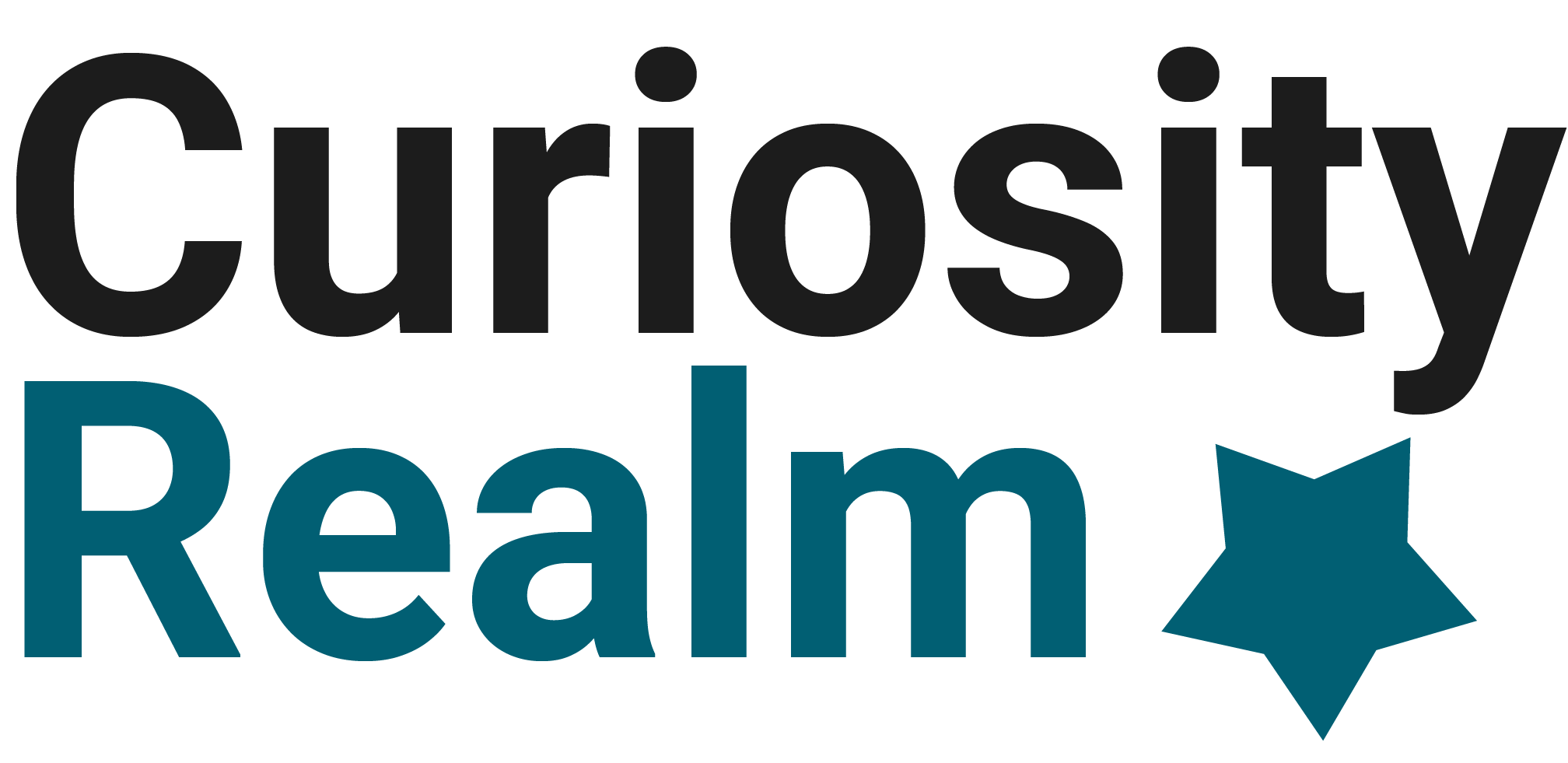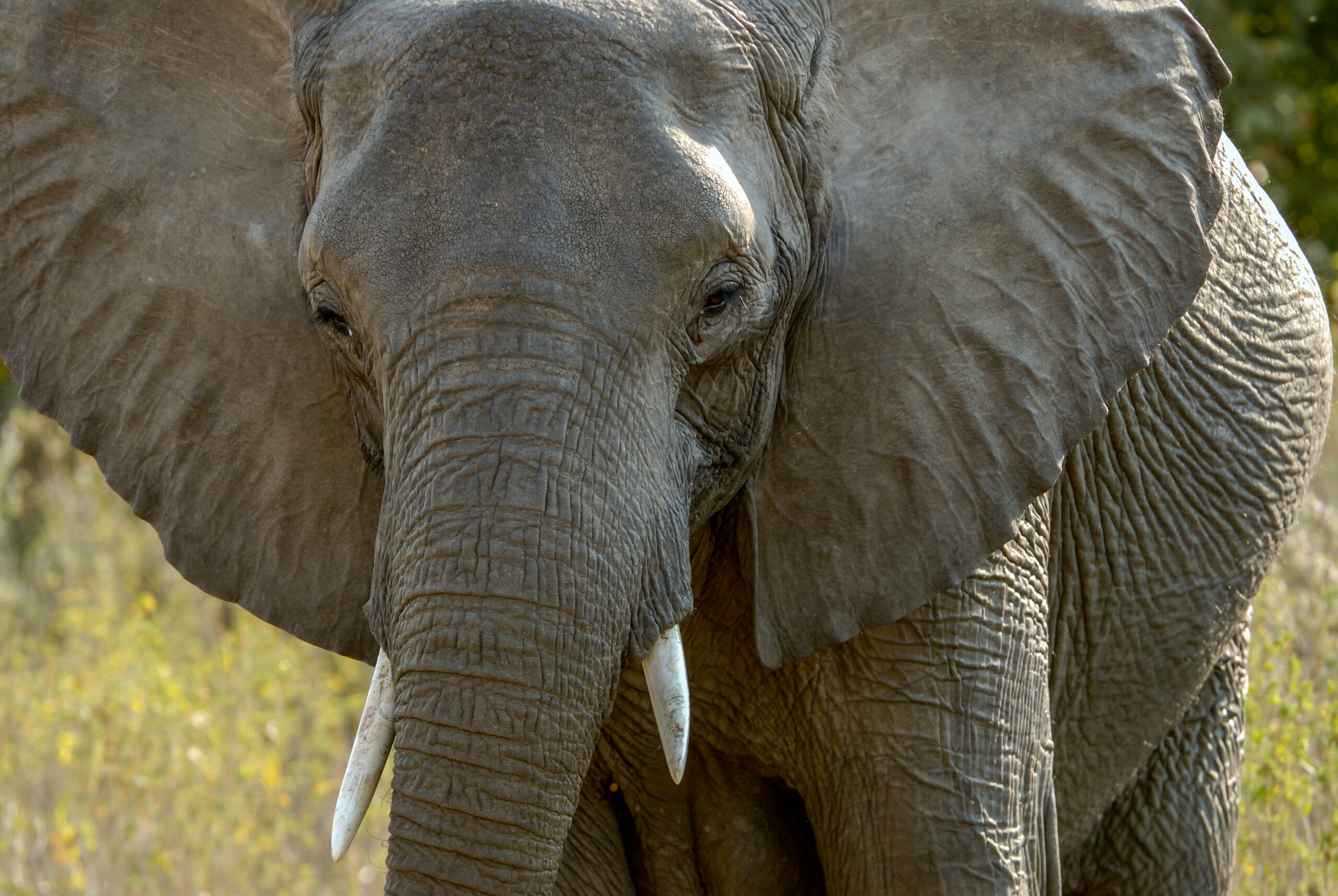Fate. Luck. Chance. Whatever we call it, history has a way of weaving the unexpected into reality. Sometimes, these moments are so astonishing that they seem orchestrated by an unseen force. These stories are not just curiosities; they challenge our understanding of probability, destiny, and even the nature of our own choices. Let’s explore five mind-bending historical coincidences that defy explanation.

Outline
- The Eerie Connections Between Lincoln and Kennedy
- The Twin Strangers of Ohio
- The Curious Case of the First and Last Soldier of WWI
- The Titanic’s Ominous Foreshadowing
- The Mysterious Coincidence of Edgar Allan Poe
- Coincidence or Design? The Power of Perspective
- FAQs
1. The Eerie Connections Between Lincoln and Kennedy
Abraham Lincoln and John F. Kennedy, two of America’s most revered presidents, share a series of uncanny coincidences:
- Lincoln was elected in 1860; Kennedy in 1960.
- Both were succeeded by a vice president named Johnson.
- Lincoln was shot in Ford’s Theatre; Kennedy was shot in a Lincoln automobile made by Ford.
- Both were assassinated on a Friday and in the presence of their wives.
Psychologists suggest that our minds are wired to find patterns—a phenomenon known as apophenia. But when patterns become this intricate, we start to wonder: Is history just a series of random events, or is there a hidden design behind it all?
2. The Twin Strangers of Ohio
In 1979, a pair of identical twins, separated at birth and adopted by different families, found each other. What they discovered was nothing short of extraordinary:
- Both were named James by their adoptive parents.
- Both married women named Linda, divorced, and then married women named Betty.
- Both had sons named James Alan.
- Both pursued careers in law enforcement.
This story taps into a deeper question: How much of our lives is shaped by genetics versus environment? Twin studies have long shown the power of DNA, but coincidences like this suggest that fate might play a greater role than we dare to believe.
3. The Curious Case of the First and Last Soldier of WWI
World War I began with the death of John Parr, a British soldier, and ended with the death of George Edwin Ellison. Both men died in Belgium, and in a cruel twist of fate, their graves now lie only a few feet apart.
Was this a mere accident, or does it symbolize something more profound? The bookends of war resting side by side remind us that history, no matter how chaotic, often circles back in ways that feel eerily poetic.
4. The Titanic’s Ominous Foreshadowing
Fourteen years before the Titanic sank, a novel called Futility by Morgan Robertson was published. In it, a massive, “unsinkable” ship named Titan collides with an iceberg and sinks, with too few lifeboats to save its passengers.
Skeptics might call this an extraordinary case of coincidence, while others point to the idea of self-fulfilling prophecy — the belief that knowledge of a possible future influences decision-making in ways that bring it into existence. Did this novel shape the decisions that made the Titanic’s fate inevitable?

5. The Mysterious Coincidence of Edgar Allan Poe
Edgar Allan Poe, master of the macabre, wrote a novel in 1838 called The Narrative of Arthur Gordon Pym. In it, shipwrecked sailors are forced to eat a young cabin boy named Richard Parker. Decades later, in 1884, a real-life shipwreck occurred. The survivors? They, too, resorted to cannibalism. And their victim? A cabin boy named Richard Parker.
This bizarre parallel forces us to wonder: Can literature predict the future? Or is it possible that life sometimes imitates art in the strangest of ways?
Coincidence or Design? The Power of Perspective
These stories defy logic. But perhaps that is precisely their lesson: Life is not a straight line. It is a web of possibilities, patterns, and chance encounters, all shaping a reality we often take for granted.
Psychologists argue that we create meaning in randomness as a way to cope with uncertainty. But what if some coincidences are not random? What if they remind us that the improbable is possible? That no matter how chaotic life may seem, threads of connection run deeper than we realize?
Here’s something to reflect on: What if we started seeing coincidences not as accidents, but as opportunities? What if every chance meeting, every twist of fate, carried a hidden lesson? Maybe, just maybe, the next unbelievable coincidence in history is waiting for you to notice it.
FAQs
Are historical coincidences just random, or do they have deeper meaning?
Many coincidences are purely statistical anomalies, but our brains are wired to find patterns, making them feel more meaningful than they might actually be.
Can literature really predict the future?
While some literary works have eerily foreshadowed real events, this is often a mix of creative imagination, historical trends, and sheer coincidence rather than true prophecy.
Why do stories of strange coincidences fascinate us so much?
They challenge our sense of reality, make us question the role of fate versus chance, and remind us that life is often more unpredictable than we assume.







